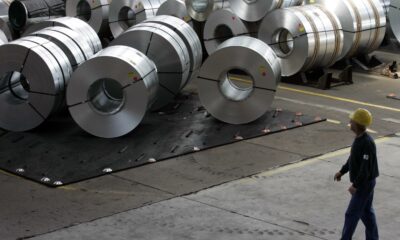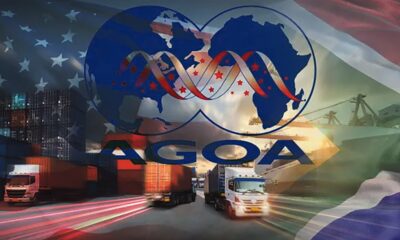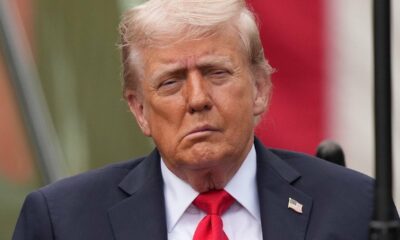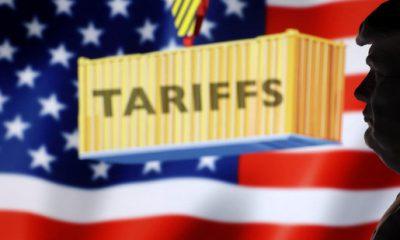Business
Why South Africa Must Act Now to Shield Its Sugar Industry from Unfair Imports
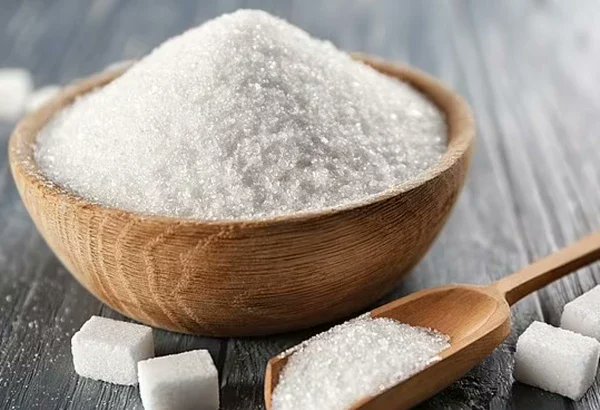
Cheap, subsidised sugar is flowing into South Africa and it’s putting entire rural communities at risk.
Imported sugar isn’t cheaper for consumers, but it’s destroying rural livelihoods
At a glance, a growing flood of imported sugar might seem harmless even beneficial, for a country grappling with a high cost of living. But dig a little deeper, and the picture is far more bitter than sweet.
South Africa’s sugar industry supports over a million livelihoods, most of them in deeply rural areas in KwaZulu-Natal and Mpumalanga. But now, that entire ecosystem, from small-scale growers to mill workers and truck drivers is at risk of collapse due to artificially cheap sugar imports flooding the local market.
In the 2024/25 season alone, nearly 100,000 tons of duty-paid imported sugar have entered South Africa, a fourfold increase compared to the previous year. Yet ironically, these imports don’t lead to lower prices on supermarket shelves. Consumers still pay the same. The only difference? Offshore importers pocket the profits.
The global sugar market isn’t fair and South Africa is paying the price
Unlike South African growers, many international sugar producers are heavily subsidised. Countries like Brazil and India give their farmers cheap loans, fuel subsidies, and export incentives. This allows them to sell sugar abroad at prices well below their actual cost of production.
For South African growers, who receive no equivalent support, this is a battle fought with one hand tied behind their backs. Every ton of dumped imported sugar costs local farmers about R7,500 in lost income.
And this isn’t just a threat to large-scale agriculture. It’s a direct assault on small-scale growers, many of whom operate in marginal rural areas where sugarcane farming is the only source of income. Unlike their large counterparts, small growers benefit from preferential pricing and guaranteed crushing. They’re the backbone of rural resilience and they’re the ones most at risk.
A call to fix the broken tariff system
So what’s the solution? SA Canegrowers, which represents more than 25,000 growers, believes the key lies in adjusting the sugar import tariff system.
Currently, imported sugar only attracts a tariff if it lands below a set dollar-based reference price. But this reference hasn’t been updated since 2018, despite rising production costs and global market shifts. As a result, even subsidised sugar often enters tariff-free, further distorting the market.
By raising the reference price, the government can trigger protective tariffs when unfairly priced imports threaten local producers, a move supported by the Sugarcane Value Chain Master Plan 2030, a government-industry agreement aimed at rescuing the struggling sector.
Rural jobs are on the line
This isn’t just an industry issue, it’s a rural economic emergency. Mill closures, erratic weather, skyrocketing input costs and the sugar tax have already battered growers. Add unfair trade to that mix, and the sector teeters on the brink.
Letting local farmers fail means more than losing sugarcane fields. It means job losses, rising rural unemployment, deepening poverty, and the loss of generational agricultural knowledge. For provinces like KwaZulu-Natal and Mpumalanga, the stakes could not be higher.
Level the playing field, before it’s too late
This is not a call for protectionism. It’s a plea for fairness. A call to level the playing field so that South African growers can compete with dignity, not desperation.
Fixing the import tariff doesn’t hurt the consumer. But failing to act will hurt rural families, economies, and the fabric of local communities.
South Africa’s sugar industry can still thrive. But only if it’s protected from the global flood of unfair trade practices. The time to act is now.
{Source: IOL}
Follow Joburg ETC on Facebook, Twitter , TikTok and Instagram
For more News in Johannesburg, visit joburgetc.com



